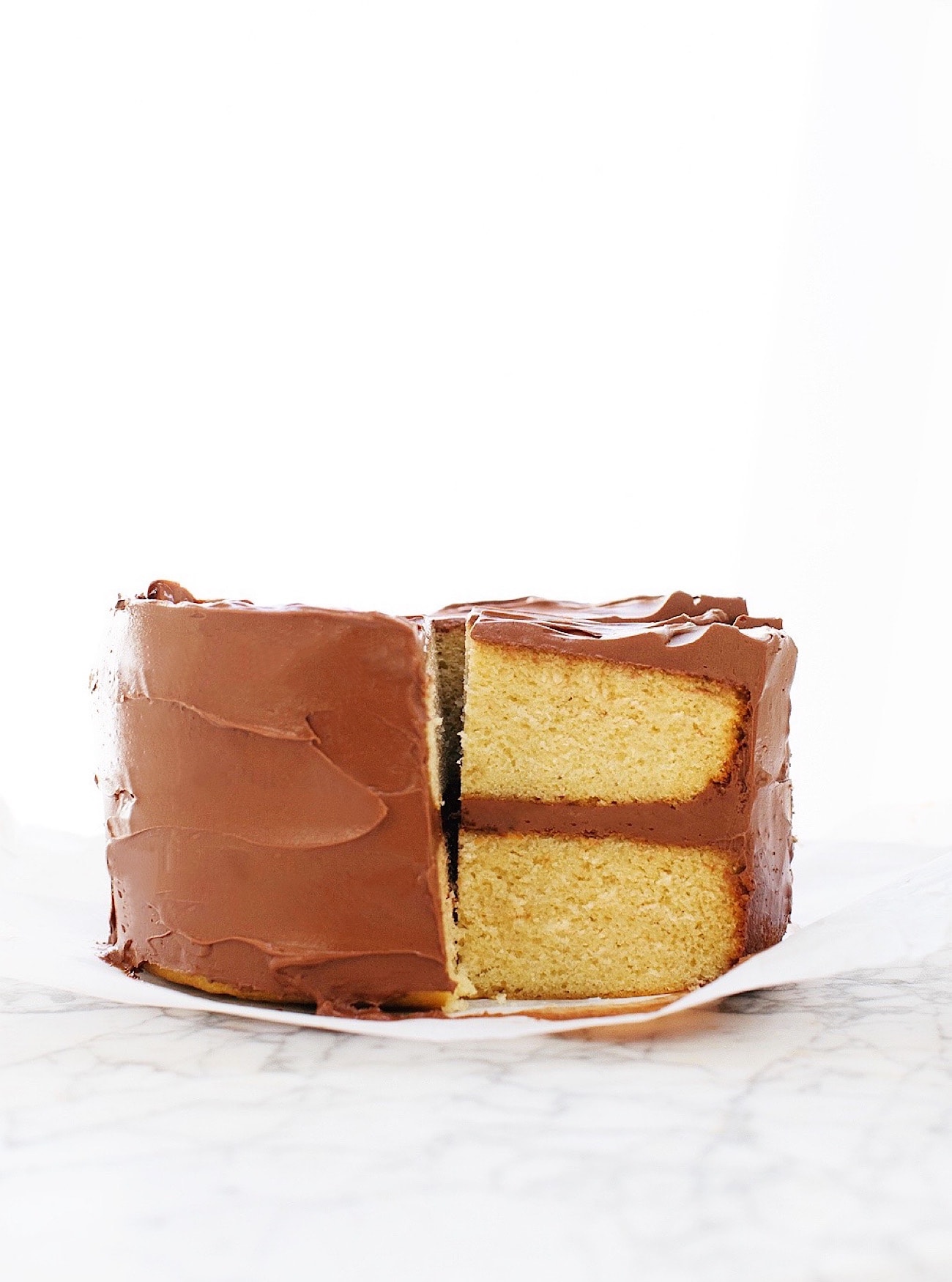
This is my latest (and most favorite) version of Yellow Cake. While I love the yellow cake from my cookbook, The Vanilla Bean Baking Book, I’ve been playing around with a new version for a few years, trying to get things just right.
I wanted a cake that baked a little higher, and had a tender crumb that tasted amazing with or without frosting.
After many, many tests, I finally got a cake base that I loved. I found the addition of a little almond flour to be the trick: it kept the crumb so moist (over many days), and while I love it piled high with frosting, I like it even better without.
What is the Reverse Creaming Method?
This cake uses the reverse creaming method, where butter is introduced to the dry ingredients instead of initially creamed with the sugars. I prefer the texture of this type of cake over butter and sugar creamed cakes; it isn’t quite as fluffy, and has a very fine crumb that is even throughout. The top also doesn’t dome as much as a regular creamed cake, which I prefer for frosting purposes. I use this method for both yellow and white cakes.
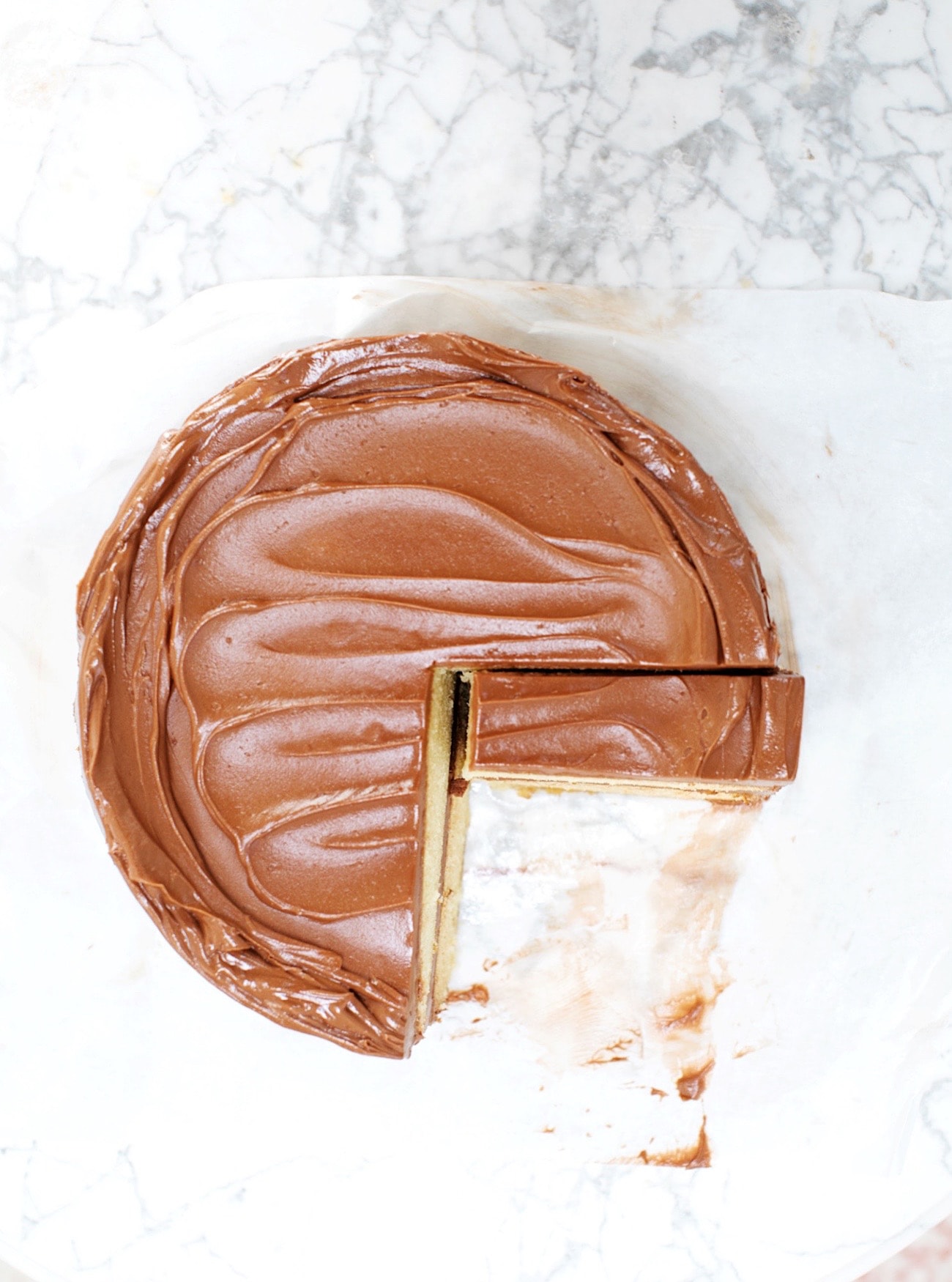
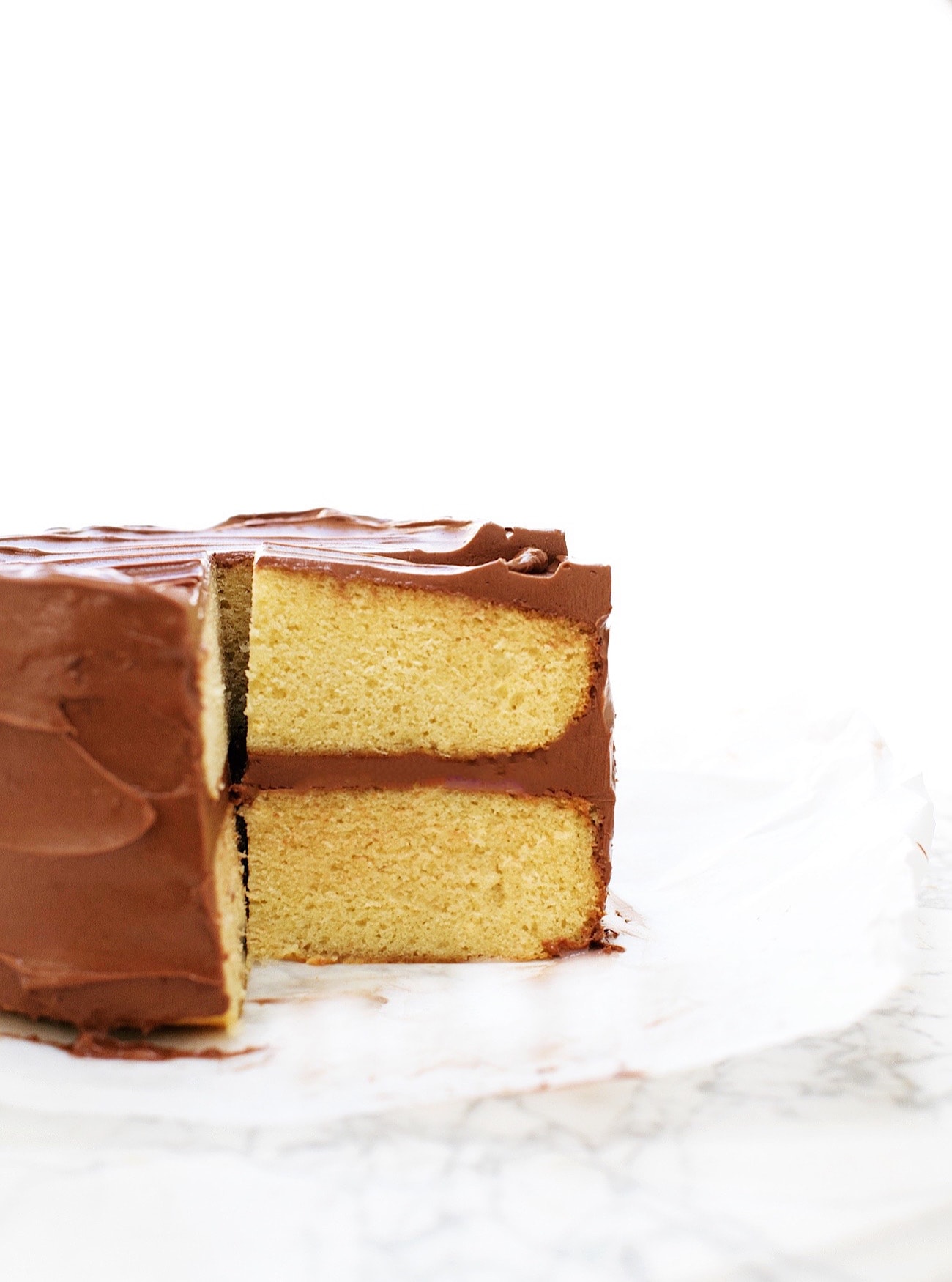
More Cake Recipes:
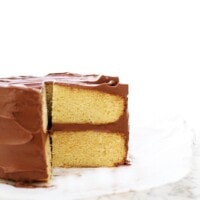
Classic Yellow Birthday Cake with Chocolate Buttercream
Ingredients
Cake
- 2 1/3 cups [331 g] all-purpose flour
- 2 cups [400 g] granulated sugar
- ½ cup [50 g] almond flour
- 2 teaspoons baking powder
- 1 ¼ teaspoons salt
- ½ teaspoon baking soda
- 12 tablespoons [170 g] unsalted butter at room temperature
- 4 large eggs plus 2 large egg yolks at room temperature
- ¾ cup [180 g] buttermilk at room temperature
- ½ cup [120 g] sour cream at room temperature
- ¼ cup [56 g] canola oil
- 1 tablespoon pure vanilla extract
Chocolate Buttercream
- 8 oz [226 g] semisweet or bittersweet chocolate
- 1½ cups [3 sticks or 339 g] unsalted butter at room temperature
- Pinch salt
- 3 tablespoons corn syrup
- 2 teaspoons pure vanilla extract
- 2 cups [230 g] confectioners’ sugar
Equipment
Instructions
For the cake
- Adjust an oven rack to the middle position. Preheat the oven to 350F [180C]. Butter and flour two 8 by 2 in [20 by 5 cm] round cake pans and line the bottoms with parchment paper.
- In a medium bowl or liquid measuring cup, whisk the eggs, egg yolks, buttermilk, sour cream, oil, and vanilla.
- In the bowl of a stand mixer fitted with a paddle, mix the flour, sugar, almond flour, baking powder, salt, and baking soda on low until combined. With the mixer running on low, add the butter one piece at a time, beating until the mixture resembles coarse sand. With the mixer still running on low, slowly add half the wet ingredients. Increase the speed to medium and beat until incorporated, about 30 seconds. With the mixer running on low, add the rest of the wet ingredients, mixing until just combined. Increase the speed to medium and beat for 20 seconds (the batter may still look a little bumpy). Scrape down the sides and bottom of the bowl and use a spatula to mix the batter a few more times.
- Divide the batter between the prepared pans and smooth the tops. Tap the pans gently on the counter 2 times each to help get rid of any bubbles. Bake 28 to 36 minutes, rotating the pans halfway through, until the cakes are golden brown and pull slightly away from the sides and a wooden skewer or toothpick inserted in the centers comes out clean (or an instant read thermometer reads 210 to 212F).
- Transfer the pans to a wire rack and let cool for 3 or 4 minutes. Run a knife gently around the edge of the cake to help release it from the sides, then let the cakes continue cooling in the pans until just warm, about 15 minutes. Run a knife gently around the sides again, and then turn the cakes out onto the rack, remove the parchment paper, and let cool completely. Once cool, the cakes can be frosted, or be wrapped in plastic and refrigerated overnight.
For the chocolate buttercream
- Pour 1 in [5 cm] of water into a medium saucepan over medium heat and bring it to a gentle boil.
- Melt the chocolate in a heatproof bowl set over the pan of boiling water, being careful not to let the water touch the bottom of the bowl. Stir constantly until just melted and set aside to cool slightly.
- In the bowl of a stand mixer fitted with a paddle, beat the butter and salt on medium speed until light yellow and fluffy, about 3 minutes. Add the vanilla and corn syrup and beat on medium speed until combined. Lower the speed to low and gradually add the confectioners’ sugar. Beat on medium speed, stopping to scrape down the sides of the bowl as necessary, until smooth and creamy, 2 to 3 minutes. Add the chocolate and mix on low speed until no streaks remain. Use a rubber spatula to mix the frosting a few more times, making sure it is completely combined.
To assemble
- Place one layer on a turntable or serving plate. With an offset spatula spread the top with 1 cup of the buttercream, using an offset spatula to smooth it evenly. Top with the second layer and then coat the cake with the remaining buttercream. There is just enough buttercream to frost the cake (there won’t be much leftover to pipe or decorate). You can attempt a light crumb coat if desired; I usually just chill the cake layers in the freezer for at least an hour before frosting, and that helps the crumbs to stay mostly in place.
- Notes: the almond flour causes the cake to stick a little more than usual to the sides. Make sure to grease the pans very well and use a parchment liner on the bottom. This cake can also be baked in three pans, but please note you will have to take some time off the final baking time.
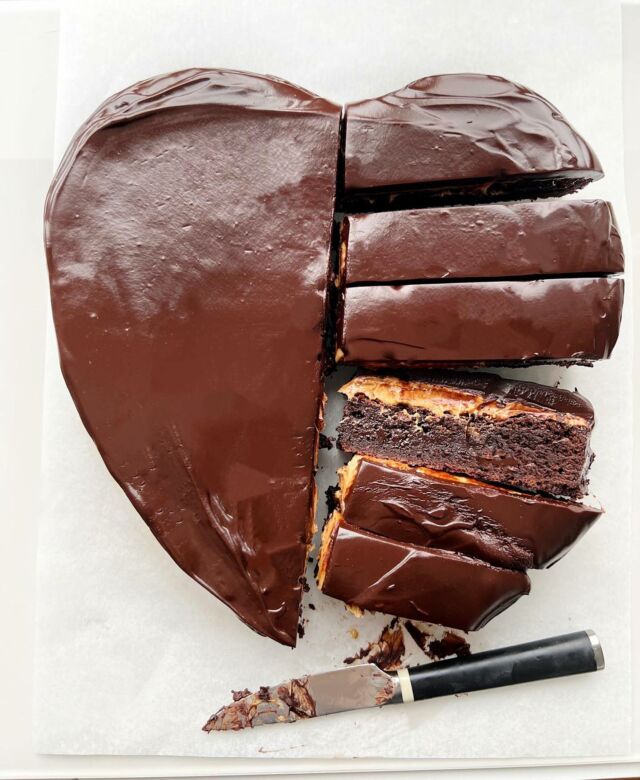
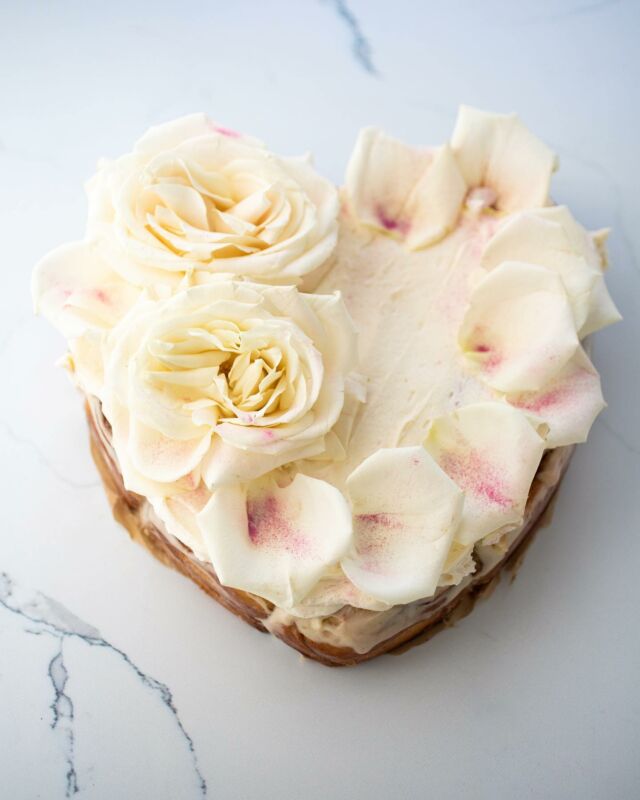
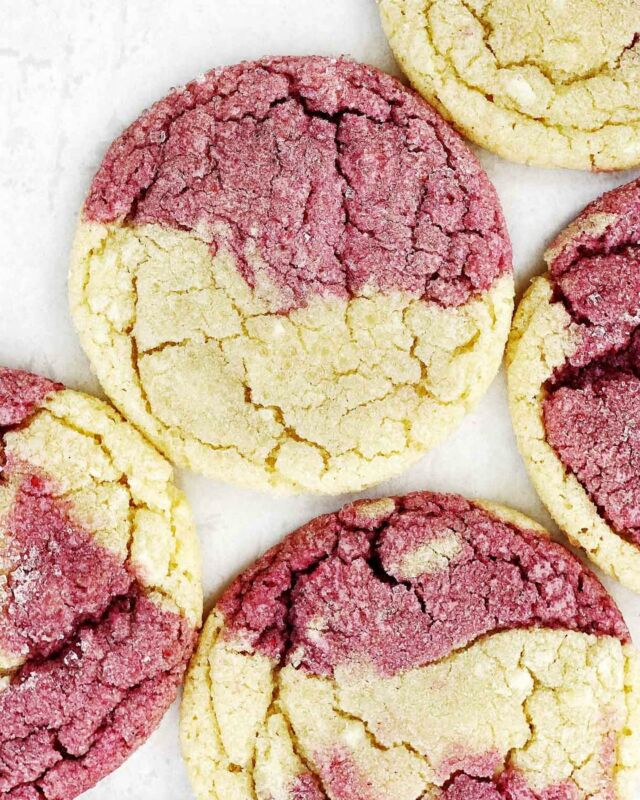

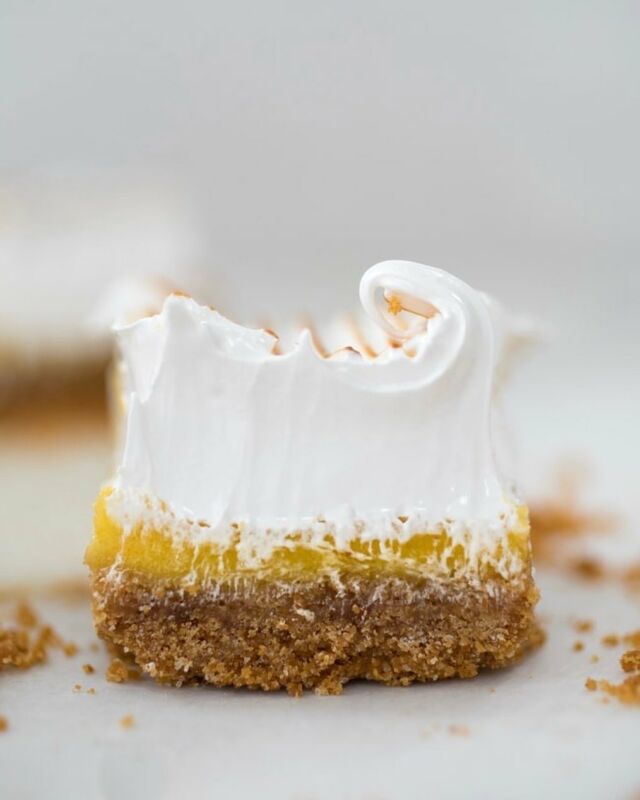
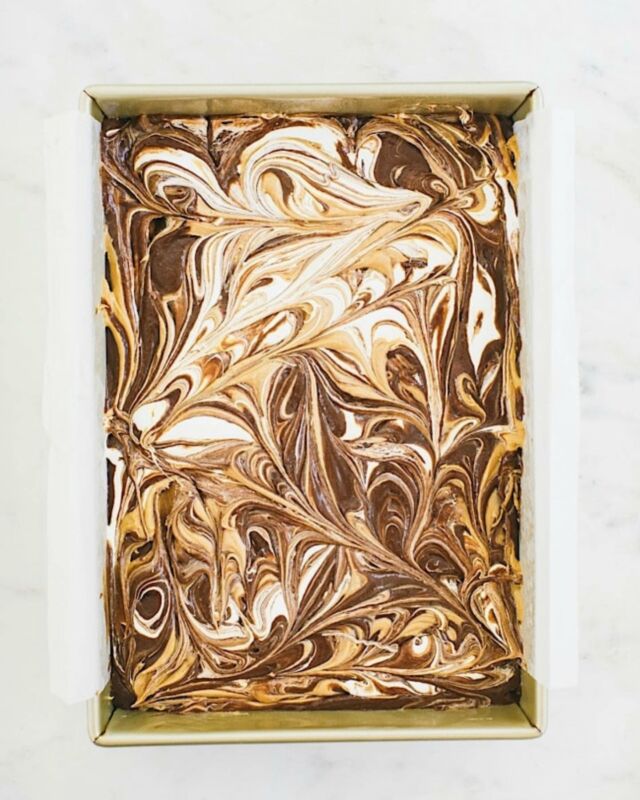
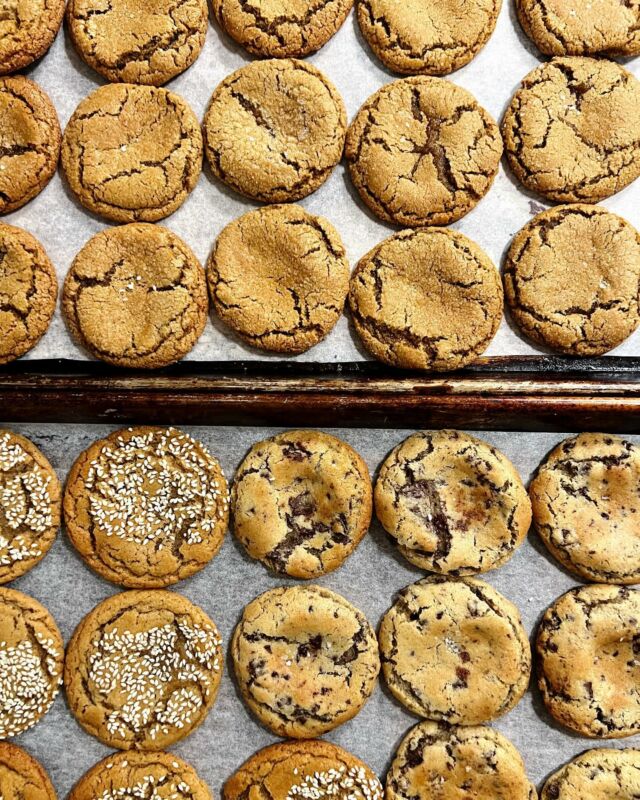
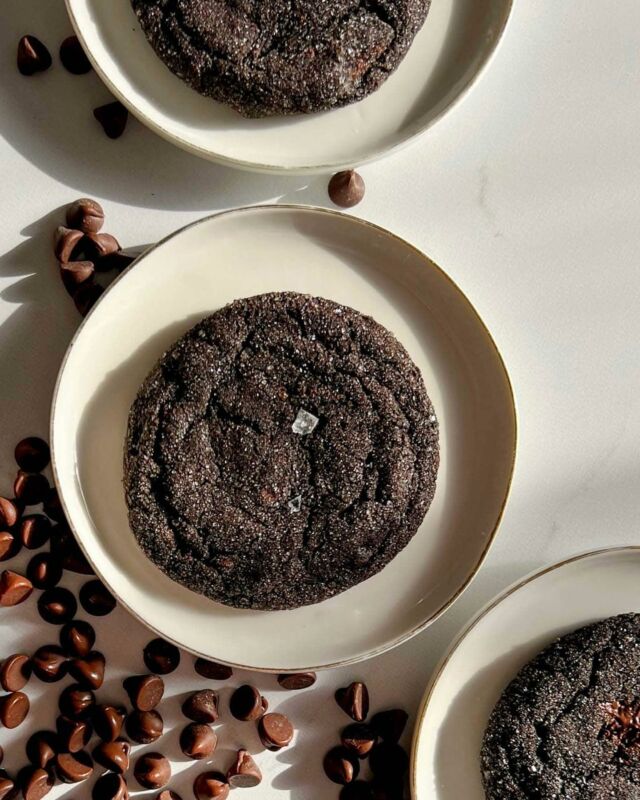
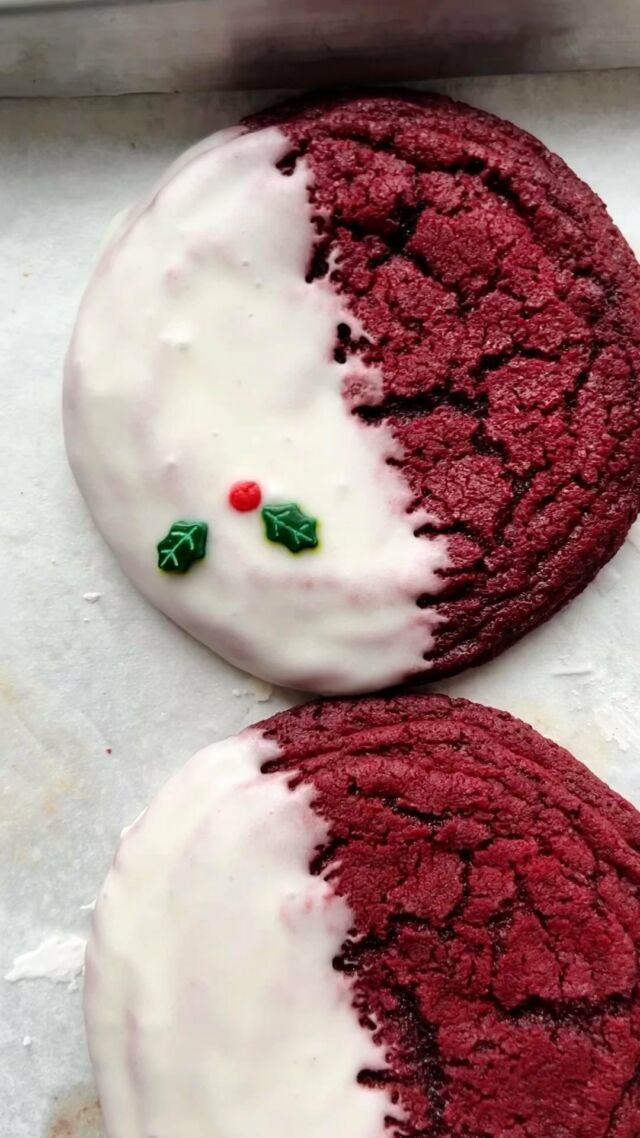
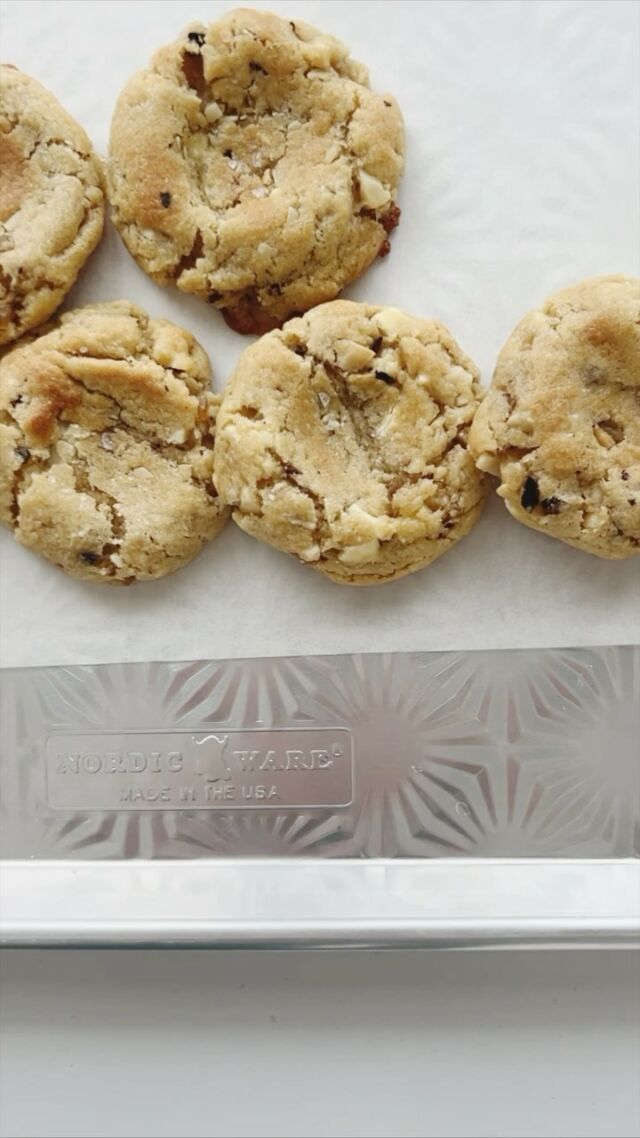

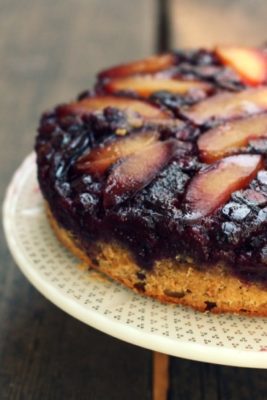
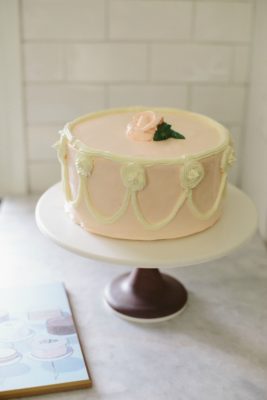
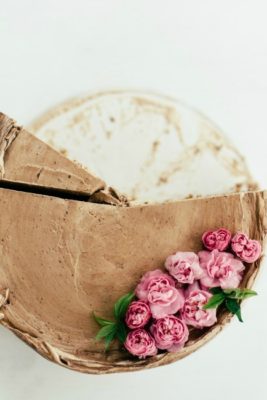
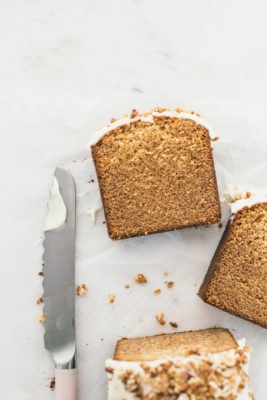
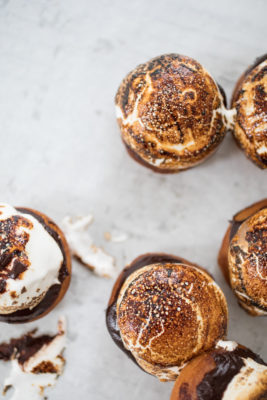
15 Comments
Suzanne Huening
Saturday, March 1, 2025 at 10:14 amThis is one special birthday cake which sliced beautifully. The best yellow cake with chocolate frosting we have ever tasted. The frosting tasted like fudge.
Maria Villalba
Tuesday, January 14, 2025 at 11:11 pmSo tender and delicious. The almond flour really does make a difference. I made three different yellow cake recipes to compare and this recipe was everyone’s favorite.
L
Wednesday, January 8, 2025 at 10:16 pmWhat are your ideas for serving cake without frosting?
Tracey
Wednesday, January 8, 2025 at 6:18 pmWhy do most “bakers” recommend seed oils as an oil to use when a neutral oil such as unflavored coconut works and is healthy ?
Dahlia
Friday, December 27, 2024 at 4:11 amHi, how many cupcakes would this recipe make?
Sheri
Wednesday, July 3, 2024 at 11:58 amAre there any suitable substitutions for the almond flour? We have a nut allergy in our family. Thank you!
Sarah Kieffer
Wednesday, July 10, 2024 at 8:55 pmI have subbed the almond with equal amounts all-purpose flour. It does work, but it isn’t quite as delicate.
Codi
Saturday, May 13, 2023 at 9:46 amThis looks amazing! What do I do to change it to a sheet cake? and would it be sturdy enough I could put a toy garbage truck on top? Thanks!
Azadeh
Wednesday, January 18, 2023 at 2:39 amHey dear Sarah,
Your recipes are amazing. How can I substitute corn syrup? Because I couldn’t find any in Germany ?
Alex
Saturday, September 3, 2022 at 9:19 amHow long can I make and assemble the cake (frosting and all) in advance. I’ve made the layers but want to also frost and assemble for a bday tomorrow. Would that be ok?
Sabrina
Thursday, June 9, 2022 at 10:00 pmwhat a fun splurge, and a bit of a remembrance of things past, haven’t had a cake like this for a very long time, so think I’m due for a splurge, thank you
Lori
Thursday, June 9, 2022 at 9:16 pmWould cake flour be a suitable substitute for the almond flour? Or I could make my own almond flour but I’m not sure how finely ground it would have to be.
Kim
Friday, June 10, 2022 at 10:40 amGreat question! I’m interested to know as well!!
Laly
Sunday, June 12, 2022 at 12:07 amYou can substitute the almond flour for another dried fruit, with hazelnuts it is very tasty. Wheat flour does not work to get that moisture. It is sold ground, you can make it at home with a food processor. The grain must be very fine. but you must be careful that it does not release its oil
MB
Thursday, June 9, 2022 at 12:16 pmHow does it stack as a three layer cake?